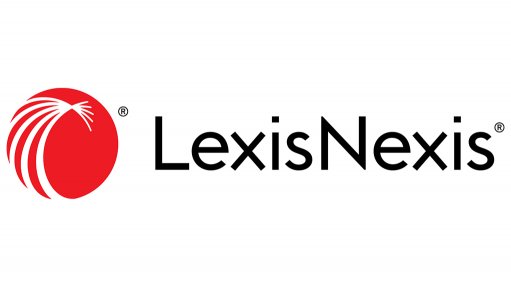
The role of leadership in both the public and private sector has become pivotal amid the crisis of the Covid-19 pandemic and the South African government’s reaction thereto under the Disaster Management Act 57 of 2002 as amended.
According to the Institute of Directors of Southern Africa (“IODSA”), the King lV Report on Corporate Governance (“King IV”) recognises Companies as integral parts of the broader society. Also, King IV defines corporate governance as the exercise of ethical and practical leadership by the management towards the achievement of defined governance outcomes: ethical culture, good performance, effective control, and legitimacy.
How then should boards, governing bodies and Management as envisioned in the Companies Act 71 of 2008 as amended (the “Act”), adapt? And, what is expected of them in this context?
According to the IODSA, three main components – as a point of departure, have been highlighted:
- Consider whether the Company’s current culture and values are appropriate in light of changing market values and priorities.
- Ensure clarity regarding the roles of the Management and Management.
- Reassess whether the management team has the skills, competency and experience to deal with the crisis; and determine whether additional resources or strategic counsel are required.
Next steps
As a first step, before anything is undertaken, a specific focus on human health and safety and the broader responsibilities flowing from there, should be the main priority. Therefore, the following should be considered:
- Health and safety of employees, as well as customers interacting with the workforce.
- Succession plans for Management.
- Multi-skilling, cross-skilling and upskilling.
- Productivity measures and precise output requirements.
- Technological support and adaptive methods of working, including methods of employees staying connected while working from home
In the absence of relevant experience when conducting the skills mentioned above, encourage the Company to seek out best practices, locally and globally, newly available resources and guidance issued by regulators, and external advice where appropriate.
Where revision and alignment are taking place, the extent to which the current governance process and structures are working or need to be revisited needs to be established. A proper record should be kept of its deliberations, especially the critical matters considered, key decisions and the reasons therefore. Importantly, assess the adequacy of reporting. It should enable the necessity of Management to deal with issues expeditiously and keep them accountable.
Accountability
Companies should ask themselves whether measures that are being considered align with the following:
- The Company’s response is in line with the fundamental culture and values of the Company.
- Demonstrate responsible leadership.
- How it engages with employees, customers, suppliers, the community, government and other stakeholders and the extent to which the Company can support such stakeholders
After Covid-19 and Conclusion
It is essential to adequately consider and assess whether changes that are being adopted would have long term sustainability and relevance post-COVID-19. The following are critical towards achieving this:
- Trends and changes in the industry.
- How Management can mitigate future risks, including learnings from lockdown that could be implemented and adopted as new ways of working where it has improved performance.
- Regard should be given to the solvency and liquidity test the Act.
- The Company must ensure that it follows applicable laws, rules and regulations, or face serious consequences and potential reputational harm.
- Management should understand the impact of the pandemic on the performance of contractual obligations by the Company and third parties, and mechanisms available to address areas of non-compliance adequately.
- Management should understand the nature and extent of specific litigation arising from the COVID-19 pandemic. Alternative dispute resolution mechanisms are to be considered to resolve legal disputes.
For further insights around managing your workplace more effectively in this new normal, visit the LexisNexis COVID-19 Resource Centre at : http://ow.ly/wpUY50AzR6w
Written By Nicolene Schoeman-Louw, Managing Director of Schoeman Law Inc., on behalf of LexisNexis South Africa